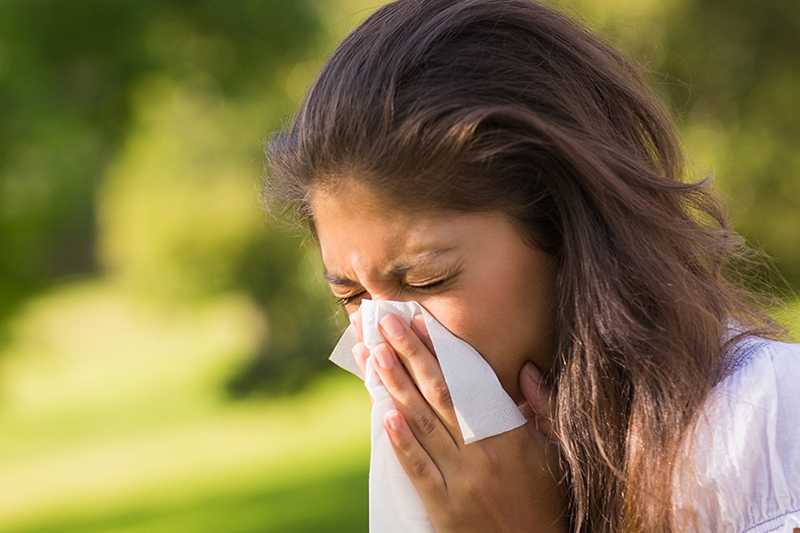When it comes to seasonal allergies, for many people, it can seem impossible to get them under control. As seasonal allergy rates are on the rise, more and more people are suffering, and the symptoms only seem to be getting worse. Luckily, there are a few different reliable strategies for hay fever prevention that bring much-needed relief to individuals around the world.
From filtering the air you breathe to drinking tea that brings relief, read on for the four essential tips for preventing hay fever from ruining your life.
1. Filter the air (as much as possible)
One of the best ways to overcome sneezing during hay fever season is to pay attention to the air quality you are breathing while at home. If you are allergic to pollen, make sure to always keep your windows shut and, instead, use your air conditioning. Unfortunately, fans can often cause an issue as they stir up dust. For a similar reason, while in the car, remember to set your AC to recirculate air.
If you are utilizing your air conditioner, you want to have the vents cleaned regularly, while also using a high-efficiency particulate air (HEPA) filter. Remember to clean these air filters habitually and the air ducts (at least) once a year. Furthermore, dehumidifiers do a fantastic job at battling mold, which can quickly accumulate in all areas of the house. Set the humidity level to 30 to 50 percent, and always use filtered water. Humidifiers need to be cleaned every week.
2. Consider your outdoor exposure
As an individual who suffers from hay fever, you have to consider your outdoor exposure seriously. Luckily, there is more information than ever that can help you ascertain when is the best time to go outside and when you should probably stay indoors.
Each day, review the weather forecast and strive to stay indoors as much as possible when it is a hot, dry and windy day. Generally, pollen counts are the highest between 5 and 10 am, so this is an excellent period to avoid going outside.
If you are a nature lover, it can be challenging to avoid wooded areas or gardens; but, this is highly suggested if you don’t want your allergies to be out of control. Try to admire this type of scenery from a little further away than you generally would.
If you are required to work outside, opt for a mask that covers your mouth, and always shower after being outdoors. This will ensure that you have thoroughly removed the pollen that will have inevitably accumulated on your clothes and skin.
3. Plan for travel
When planning a trip (whether for business or pleasure), make sure you are considering your allergies in the preparation. Take the time to investigate the destination and to discover which allergens are widespread when you are there.
Whenever possible, opt to travel either in the early morning or late evening when there will be less air pollution. In the hotel, make sure to always use the air conditioning as it will decrease your pollen exposure by over 90 percent.
Additionally, consider traveling with nettle tea, as a cup a day of this may help tame your seasonal allergies. As it is a natural antihistamine, many individuals who suffer from hay fever find that lavender essential oils do miracles for their sinus headaches, and help them sleep. If you find yourself suffering, rub a few drops between your hands and then inhale deeply through your nostrils. Moreover, you can rub some of it on your chest or head for further relief.
4. Stock up on the appropriate medicine
Sometimes, no matter how diligent you are about keeping your windows closed, wearing a face mask, and inhaling lavender essential oils, you are still going to be faced with allergens. After all, you can’t lock yourself in your home for months on end! Therefore, it is recommended that you always have the appropriate medicine on hand.
Start taking your seasonal allergy medicines in the spring, as this is when trees start budding and flowering, and concurrently allergies go into bloom. Particularly if your locale has just been through a harsh winter, there is a good chance that your allergy symptoms may become more severe.
If you suffer from seasonal allergies, it is essential that you start preparing for the symptoms (itchy eyes, nose and throat, watery eyes and nasal drainage) before they start. The best hay fever tablets are non-drowsy and quickly get rid of allergic rhinitis symptoms.
Do you or a loved one suffer from hay fever? If so, what tips and tricks do you have to help make life a little bit easier? Have you found that your allergies have been better or worse in recent years?
Let us know your thoughts and any relevant experiences you have in the comments below!
Banner Image Credit: conehealthmedicalgroup.com




